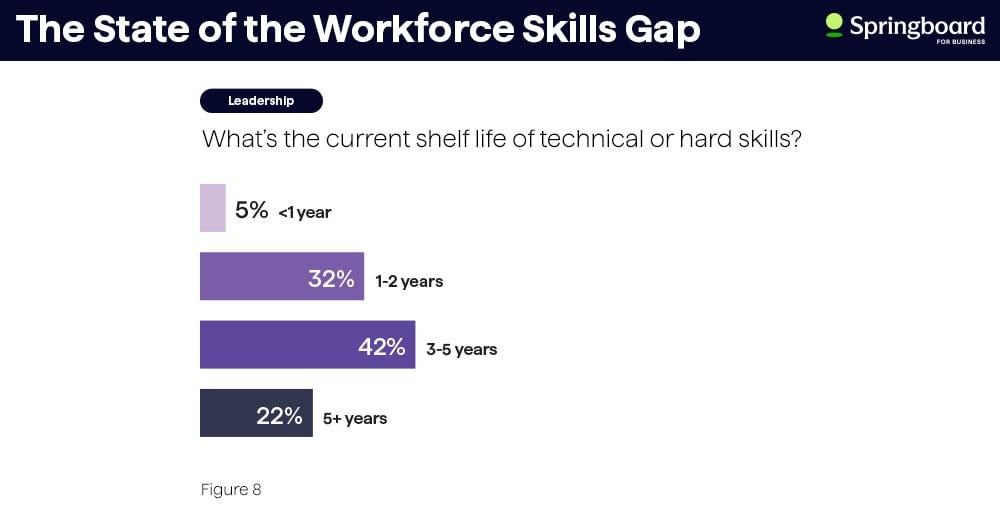E-Learning Developer: Key Skills, Roles, and Career Path in 2024
Introduction: The Rise of E-Learning Developer Roles in EdTech
the dynamic landscape of education technology (EdTech) is revolutionizing how knowledge is delivered in universities, colleges, and schools. As institutions increasingly adopt digital platforms and online courses, the necessity for skilled E-Learning Developers has skyrocketed.If you’re passionate about technology and education, understanding the key skills, primary roles, and the career path in this field will empower you to seize rewarding opportunities in 2024 and beyond.
What Does an E-Learning Developer Do?
An E-Learning Developer designs, develops, and implements interactive digital learning materials for educational institutions.Whether at a university, college, or K-12 school, these professionals are at the forefront of creating engaging and effective digital learning experiences. Their work includes building courses, integrating multimedia, and ensuring that online educational content aligns with curriculum goals.
- Creating and optimizing online courses and training modules
- Developing interactive activities and assessments
- Utilizing Learning Management Systems (LMS) such as Moodle, Canvas, or Blackboard
- Collaborating with subject matter experts and instructional designers
- ensuring compliance with accessibility standards (e.g.,WCAG)
Key Skills Required for an E-Learning Developer in 2024
The core competencies for success as an E-Learning Developer continue to evolve. Below are the most sought-after skills for E-Learning Developers in today’s education technology market:
1. Technical Proficiency
- strong understanding of HTML5, CSS, and JavaScript for interactive content
- Experiance with rapid e-learning authoring tools (e.g., Articulate Storyline, Adobe Captivate, iSpring)
- Familiarity with SCORM, xAPI, and other e-learning standards
- basic graphic and video editing (Adobe Creative Cloud Suite)
2. Instructional Design Expertise
- Ability to design pedagogically sound e-learning solutions
- Knowledge of adult learning principles and learning theory
- Experience mapping learning objectives to digital content
3. Learning Management System (LMS) Governance
- Configuring, managing, and troubleshooting LMS platforms
- Integrating third-party tools and plugins
- Generating and interpreting learner analytics for continuous improvement
4. Project Management and Collaboration
- Organizing e-learning projects with clear timelines and deliverables
- Collaborating with faculty, administrators, and cross-functional teams
- Excellent written and verbal communication skills
5. Accessibility and Inclusivity Awareness
- Implementing web accessibility standards (WCAG 2.1)
- Designing content for diverse learners, including those with disabilities
Core Responsibilities of an E-Learning Developer
The role of an E-Learning Developer in education technology can be diverse, but their primary responsibilities include:
- developing digital course materials that foster active, student-centered learning
- Maintaining and updating existing e-learning content to meet current standards
- Testing courses for functionality, usability, and compatibility across devices
- Training faculty or staff on best practices for digital content creation
- Analyzing learner engagement data and recommending improvements
- Troubleshooting technical issues with courses and LMS platforms
Career Path and Advancement Opportunities in E-Learning Development
The career trajectory for E-Learning Developers in education offers multiple pathways, each with potential for growth and specialization. Here’s how you can expect your career to progress in 2024:
Entry-Level Roles
- Junior E-Learning Developer
- LMS Support Specialist
- Instructional Technology Assistant
Mid-Level Roles
- E-Learning Developer / Designer
- Instructional Technologist
- LMS Administrator
Senior-Level Roles
- Senior E-Learning Developer
- Lead Instructional Designer
- Learning Experience Designer
- EdTech Project Manager
With substantial experience, you may transition into leadership positions, such as Director of E-Learning, Head of Instructional Technology, or specialized consultancy roles within large school districts or higher education institutions.
Benefits of Becoming an E-Learning Developer
Choosing a career as an E-Learning Developer offers significant personal and professional benefits, especially within the thriving education technology sector:
- In-Demand Skills: High employability due to digital learning expansion
- Job Flexibility: Opportunities for remote or hybrid work arrangements
- Creative Fulfillment: The ability to leverage creativity in course and media design
- Professional Growth: Constant learning of new technologies and pedagogical strategies
- Positive Impact: Contribute actively to improving educational outcomes and access
Practical Tips for Aspiring E-Learning Developers
Ready to launch your career as an E-Learning Developer in schools or universities? Here are some actionable tips to help you stand out in the competitive EdTech job market:
- Build a Portfolio: Showcase your e-learning projects, multimedia samples, and course modules
- Continuous Learning: Stay updated with the latest edtech trends, tools, and standards
- Get Certified: Earning credentials in instructional design, e-learning software, or LMS administration can boost your resume
- Network in EdTech Circles: Attend webinars, conferences, or join online communities focused on instructional technology
- Demonstrate Soft Skills: Communication, adaptability, and teamwork are highly valued by educational institutions
- Understand Your Audience: Tailor content for faculty, staff, students, or different age groups as needed
Future Outlook: E-Learning Development in Education Technology
In 2024, the demand for qualified E-Learning Developers is expected to remain strong as universities, colleges, and schools invest in digital transformation. Key trends include greater integration of Artificial Intelligence in learning, personalized adaptive learning paths, immersive technologies such as VR/AR, and a focus on microlearning.
With the rapid evolution of digital education, professionals who can blend instructional design expertise with technical know-how will be indispensable in creating inclusive, effective, and engaging learning environments.
Conclusion: Embark on a Rewarding Career in E-Learning Development
If you’re looking to combine a passion for education with cutting-edge technology, a career as an E-learning developer offers a pathway to make a real difference in the world of academia. By mastering the essential skills and understanding the responsibilities and progression opportunities, you can position yourself as a valuable contributor in the ever-evolving landscape of education technology in 2024 and beyond.

